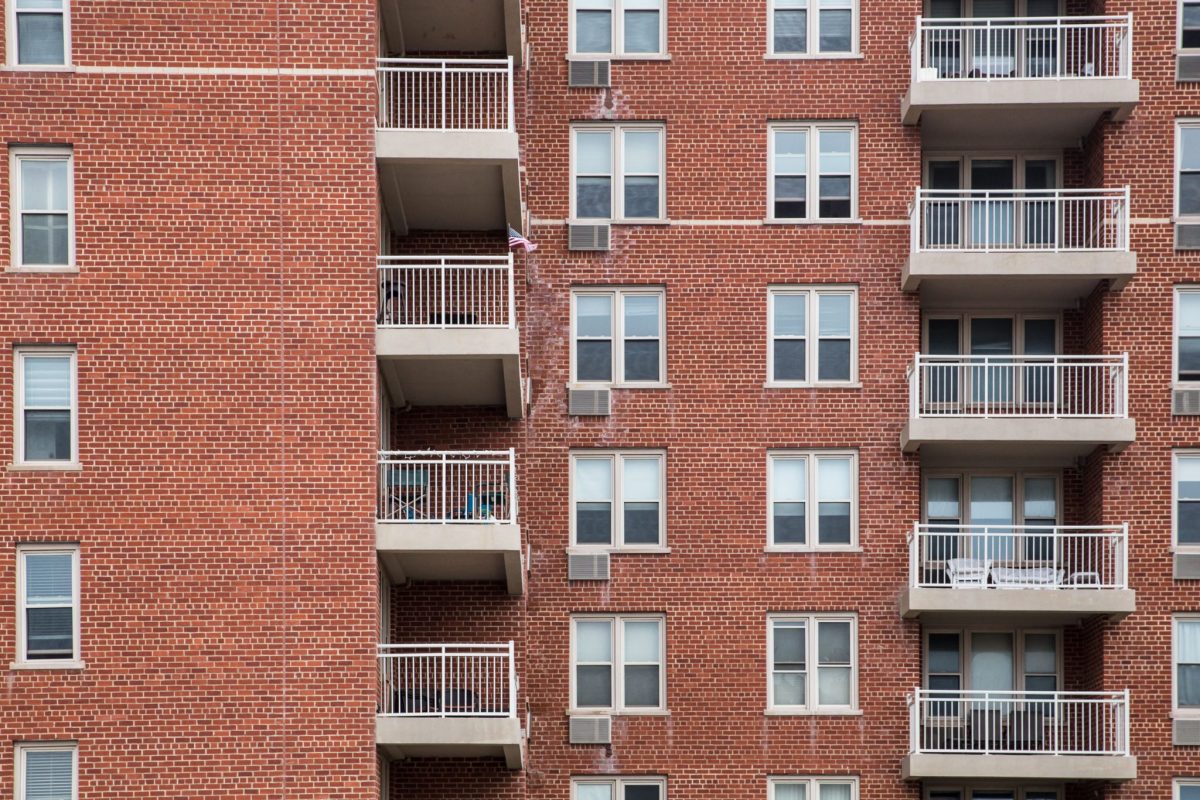RMIT researchers are trialling ‘smart’ home control devices in 46 households in Victoria and South Australia – to assess the potential of these devices to help manage home electricity consumption.
The Smart Home Control project is exploring the potential for enabling technologies to be used by households to manage energy consumption. The project includes a content analysis of marketing materials for ‘off-the-shelf’ smart home control devices and a trial of devices in 46 households. A range of household types are involved, including households who may be financially disadvantaged, disengaged, and/or vulnerable in a changing energy market. The project will provide a realistic analysis of the benefits and detriments of smart home control devices and concepts for residential consumers in the context of their everyday lives.




